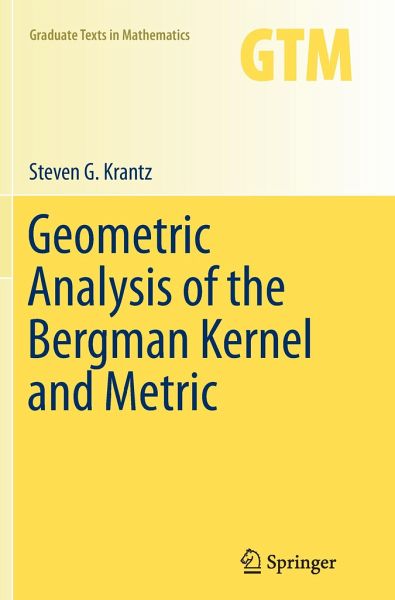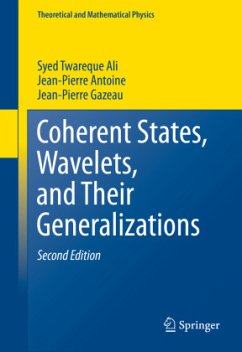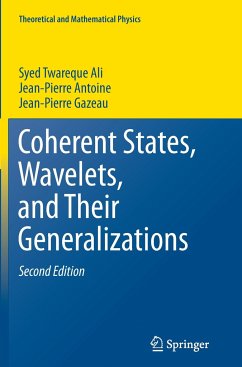
Geometric Analysis of the Bergman Kernel and Metric
Versandkostenfrei!
Versandfertig in 6-10 Tagen
43,99 €
inkl. MwSt.
Weitere Ausgaben:

PAYBACK Punkte
22 °P sammeln!
This text provides a masterful and systematic treatment of all the basic analytic and geometric aspects of Bergman's classic theory of the kernel and its invariance properties. These include calculation, invariance properties, boundary asymptotics, and asymptotic expansion of the Bergman kernel and metric. Moreover, it presents a unique compendium of results with applications to function theory, geometry, partial differential equations, and interpretations in the language of functional analysis, with emphasis on the several complex variables context. Several of these topics appear here for the...
This text provides a masterful and systematic treatment of all the basic analytic and geometric aspects of Bergman's classic theory of the kernel and its invariance properties. These include calculation, invariance properties, boundary asymptotics, and asymptotic expansion of the Bergman kernel and metric. Moreover, it presents a unique compendium of results with applications to function theory, geometry, partial differential equations, and interpretations in the language of functional analysis, with emphasis on the several complex variables context. Several of these topics appear here for the first time in book form. Each chapter includes illustrative examples and a collection of exercises which will be of interest to both graduate students and experienced mathematicians.
Graduate students who have taken courses in complex variables
and have a basic background in real and functional analysis will find this textbook appealing. Applicable courses for either main or supplementary usage include those in complex variables, several complex variables, complex differential geometry, and partial differential equations. Researchers in complex analysis, harmonic analysis, PDEs, and complex differential geometry will also benefit from the thorough treatment of the many exciting aspects of Bergman's theory.
Graduate students who have taken courses in complex variables
and have a basic background in real and functional analysis will find this textbook appealing. Applicable courses for either main or supplementary usage include those in complex variables, several complex variables, complex differential geometry, and partial differential equations. Researchers in complex analysis, harmonic analysis, PDEs, and complex differential geometry will also benefit from the thorough treatment of the many exciting aspects of Bergman's theory.













